Reflections on “The Greatest Generation” and D-Day in France
My relationship with the D-Day invasion began before I was born. My father landed on Omaha Beach in June, 1944 and I came along later as part of the ‘post war Baby Boom generation’.
Dad was a Seabee, an engineer in the Naval Construction Battalion Corps, whose mottos are ‘We Build, We Fight’ and ‘Can Do!’; their mascot, a bee, carries a drill and a gun. He spent five months on the cliffs above Omaha Beach where, after he supervised the construction of the navy camp, he then organized the rebuilding of bridges, the carving out of roads and whatever construction and engineering projects needed doing.
Dad’s stories about his time in France were as much a part of my childhood as the yellow Formica table we crowded around each evening, and the glasses of frosty, whole milk from the local dairy we drank with dinner.
He’d describe how his high school French made ‘s’il vous plâit’ come out sounding like ‘silver plate’, but would smile when he told how patient the French were with his efforts.
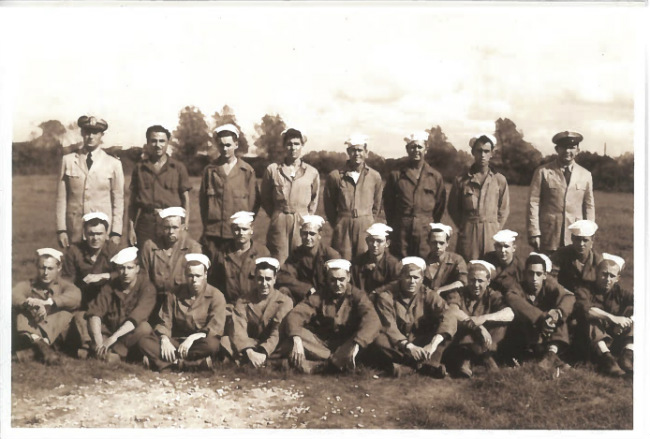
The Seabee unit of Diane Covington-Carter’s father (back left) in Normandy, 1944
As a lieutenant in charge of the mess hall in the camp for two months, he’d load up pans of fresh food that would have gone to waste and take them to a different farm house each evening. “Oh, they would be so grateful,” he’d say, and his eyes would shine remembering the happiness of the farmers at this simple gesture of goodwill.
Dad also became close to an orphan boy Gilbert, who lived near the camp, making sure that Gilbert came through the lunch line with Dad every day. Dad even tried unsuccessfully to adopt Gilbert and bring him home. In my childhood, I felt curious about this French boy who could have been my older brother. He hovered in my consciousness, slightly out of focus.
I studied French in high school and college and worked hard to keep it up in my adult life. It was as if I had a connection to France through my father, and, though I couldn’t explain it, it felt deep and true.
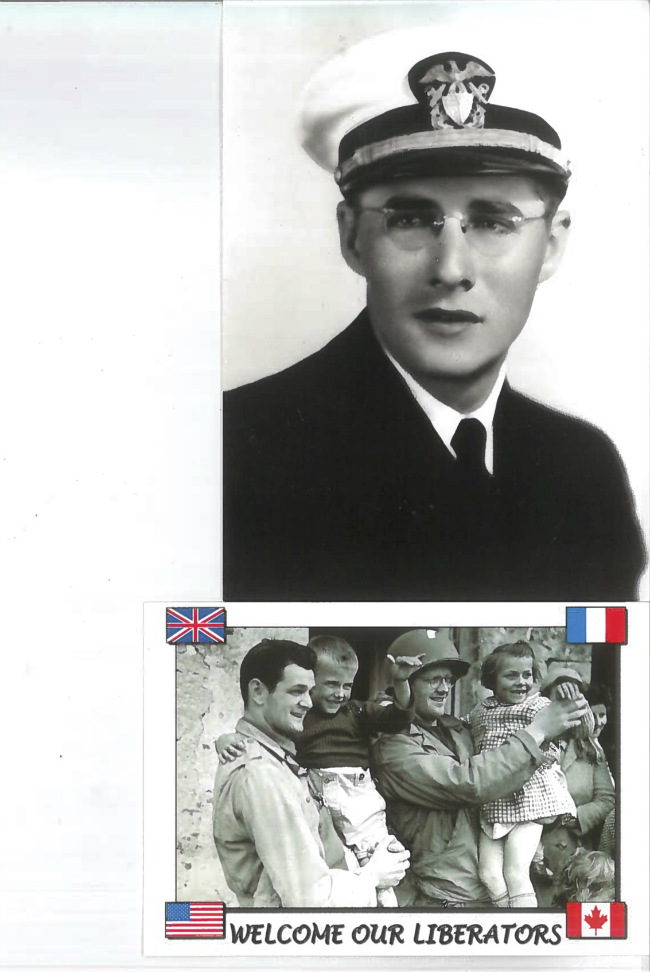
Johnson and Gilbert. courtesy of Diane Covington-Carter
Near the end of my father’s life, his body weak with cancer, I noticed how when he spoke about his time in France during the war, his eyes shone, he sat up straighter and his voice came out clear and strong. It was if he regained some of the youthful vigor of his part in turning the tide of World War II.
He even mentioned Gilbert again, his voice becoming quiet, wistful. “I wonder what ever happened to him?” My father died in 1991.
For the 50th anniversary, June 6, 1994, I traveled to Normandy where I accepted a medal in my father’s honor in a moving ceremony for veterans and their families. I spent a day touring the invasion beaches and learned that Dad had been a part of the largest land and sea invasion in the history of the world.
I had adored my father and thought I knew him well. But there was so much that he’d seen and experienced that he hadn’t talked about. Why hadn’t I encouraged him to come back to France again? Why hadn’t I asked more questions and paid more attention, before it was too late?
Though I wasn’t even sure how to spell his last name, I put an ad in the Normandy paper to look for Gilbert. By a combination of miracles and providence, I connected with Gilbert on what would have been my father’s 80th birthday.
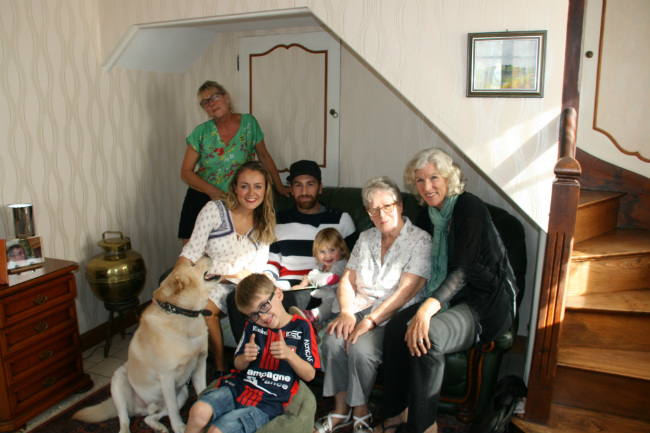
Diane with four generations of Gilbert’s family on a recent visit. Photo courtesy of Diane Covington-Carter
Gilbert had told his wife, his daughter and his grandsons about the kind lieutenant who had wanted to take him home to America and that someday, someone would come. In our emotional reunion, when I told Gilbert that my father had never forgotten him, he wept.
My father’s stories led me to France and to Gilbert. They also created a deep connection to the D-Day anniversaries that didn’t end with the 50th. I have stayed close to Gilbert and his family, and attended both the 60th and the 70th anniversaries of D-Day, working as a translator and guide for returning veterans. The French locals would swarm around them and we’d all be wiping away tears as I translated their words of gratitude.
Now I will be in France again for the 75th ceremonies in France, the last time that veterans from D-Day will be alive for the events. I’ll be staying with Gilbert’s widow, who has become like a sister to me.
My heart is pulling me back, for my father, for Gilbert and for all the men of ‘The Greatest Generation’ who risked their lives in France, fighting to preserve our freedom.
And standing there with us, unseen, will be all the men who never came home. The words from the cemetery chapel above Omaha beach in Normandy express it well: “Think not only of their passing. Remember the glory of their spirit.” We will remember them that day and, I hope, from now on.
Diane Covington-Carter’s book is available on Amazon at the link below:
Share to: Facebook Twitter LinkedIn Email
More in D-Day, Normandy beaches, Second World War, World War II
Leave a reply
Your email address will not be published. Required fields are marked *

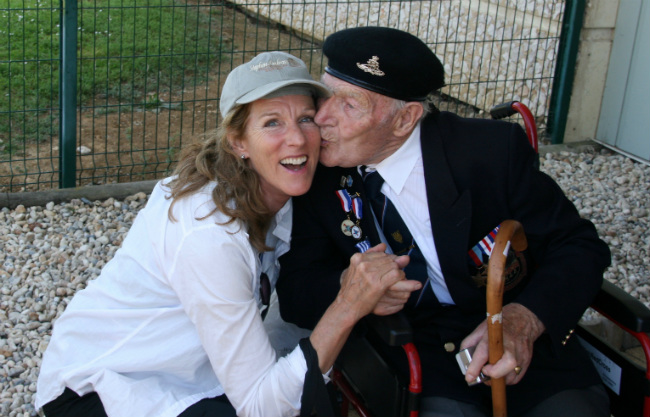
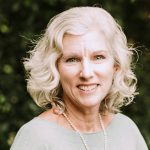
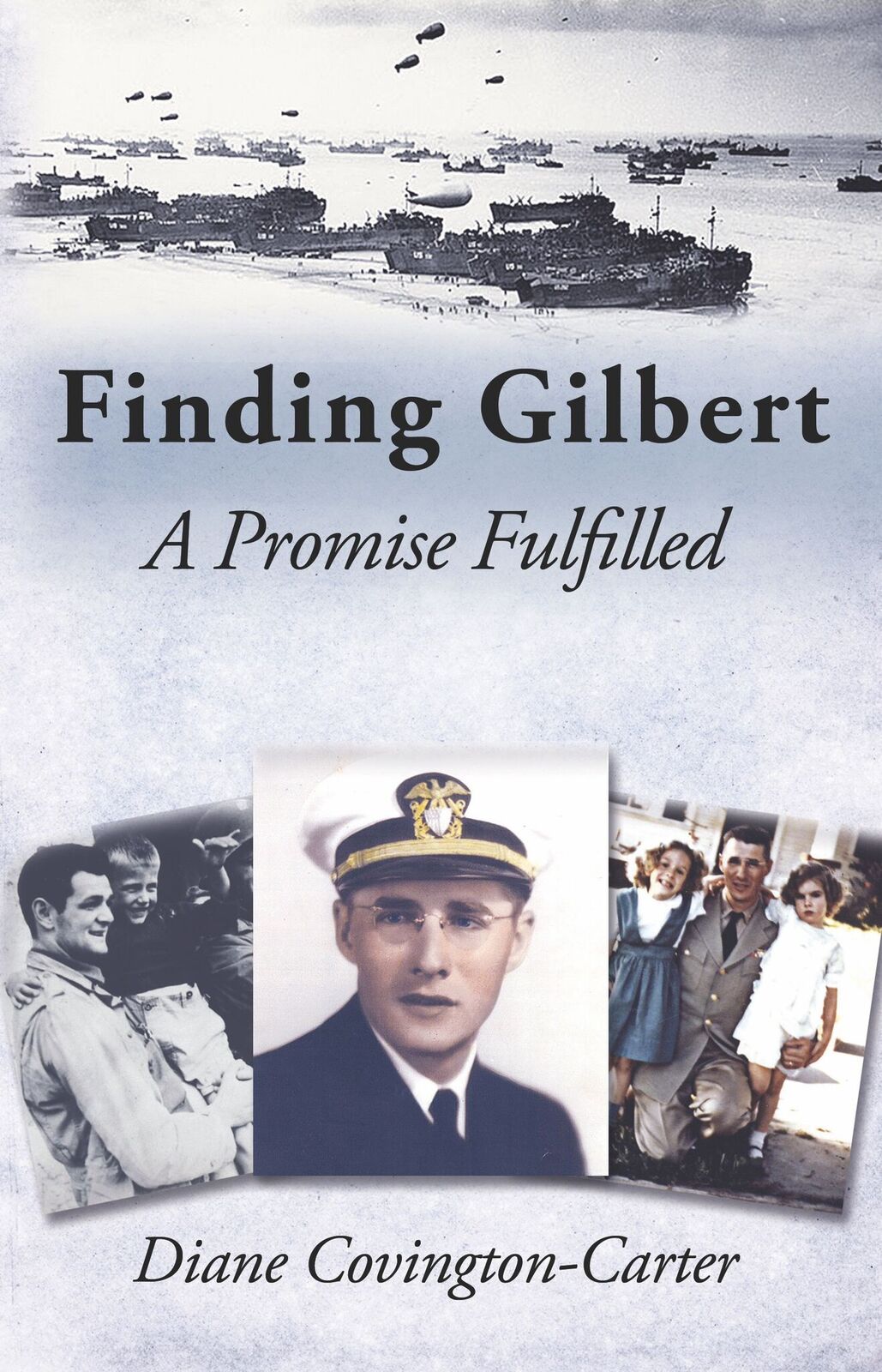
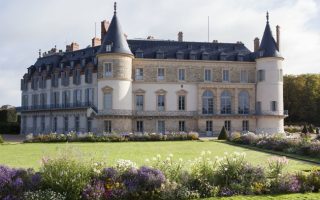

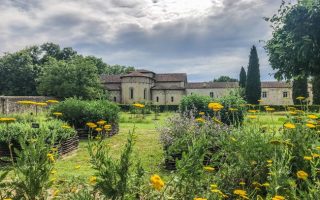
REPLY
REPLY
REPLY
REPLY
REPLY